Absolute objectivity does not exist. One cannot separate his status as a citizen from his aesthetic, ethical and political structures from the content of the journalistic piece.
By PhD. Luis Fernando Gutiérrez Cano and Mag. Luis Jorge Orcasitas Pacheco*
This installment will address the genre that is considered of great relevance for the structure of generalist open programming: the newscast. On this occasion we conducted an interview with Fernando Humberto Cifuentes, journalist and the director of the news program Hora 13 Noticias, a news program that is broadcast on the regional channel Teleantioquia from Monday to Friday at noon.
This informative space stands out for being one of the most watched newscasts within Colombian regional television. With Cifuentes we will address aspects such as the information agenda, objectivity, the value of information, the news within public television, among other topics. Fernando defines himself as a journalist by vocation, father by blessing. The media, politics, human rights are always in his conversation and Hora13 Noticias de Teleantioquia is his medium.
Regarding the agendas established by the audiovisual newscasts and the topics that are included in these agendas (also those that are excluded), as director of a regional newscast, what criteria lead you to choose certain news for the continuity of the news? How much does the rating influence your configuration?
When I started as a director a year and a half ago, the first thing I told the team and the board of directors was that I was not going to direct "Cifuentes noticias", I was going to direct Hora 13 Noticias which has an editorial line established for more than 30 years. This editorial line has been characterized by having a clear regional focus, that is our focus of interest and that of our users.
In this sense, proximity is a very important criterion, so our capacity is focused on delivering valuable information for the people of the Aburrá Valley, Antioquia and its subregions; of what is happening in your environment and that is directly affecting your life. In our goal of making an objective journalism prevail the issues of greatest public interest and that have to do with the needs of people, that is, of our viewers. Finally, it must be taken into account that television has that characteristic of impact, that which can be presented in the best way on television.
Thus, one begins to see what is the most important thing about Antioquia, of all those issues, which are those that most affect our communities and, finally, with which of those issues I can deploy a much more powerful and attractive audiovisual narrative. Those are the 3 basic criteria, there are also other limitations such as time, space or resources, which sometimes prevent an issue from reaching the agenda or make it arrive differently than one would have thought.
Is there absolute objectivity and in Hora 13 Noticias how is that matter of objectivity?
In this respect, it is important to underline that absolute objectivity does not exist. One cannot separate his status as a citizen from his aesthetic, ethical and political structures from the content of the journalistic piece. I know that humans do not have that capacity for dissection, so one enters at all times to intervene or as some social scientists will say "to contaminate the object". But that is not the concern in Hour 13, because when we refer to objectivity, we are talking about a value that is intimately related to independence and the ability to deliver information from all possible angles. Give voices and allow the majority of stakeholders in an issue to participate in that dialogue with criticism and observations.
From that premise, I want to indicate that nothing about journalism is absolute, everything is relative and there is always a possibility of construction, especially when you approach a fact independently from any thematic point of view with breadth and diversity; there a much more objective construction is feasible. Objectivity is proposed as a goal, although it does not obsess us.
What value do you give to the information you transmit and what are you looking for with it?
I believe that the fundamental objective of an information report is to enable the citizen to make informed decisions. We believe that information is part of the acquis that leads citizens to make decisions and that through quality information is how citizenship is formed and decisions of greater value to society are made. As a team of journalists, that is our conviction and that is what motivates us: to assume and aspire that our information contributes to citizens making better decisions.
In the scenario of a regional and public channel like Teleantioquia, where there are political and economic interests, as a director, have you encountered any situation of censorship?
Above all, I want to contextualize: Hora 13 is an informative space made by a private company that is broadcast by Teleantioquia through a tender. This space is delivered through a public tender of merits (a tender) with all that this implies from the legal and juridical. Hora 13 and the company that produces it called Quanta Telecomunicaciones, have been winning the tender for the 1:00 p.m. space for 28 consecutive years. In fact, I think that's why Teleantioquia put out to tender those information spaces, in order to guarantee companies that independence that gives them to have a contract won by tender. This contract contemplates producing a quality newscast with high technical, journalistic and legal criteria.
I, before being the director of the newscast, was in charge of working in the field of politics, I would do badly to say that someone one day called me and said: "Take this out, take that out and put this." The management agents of the channel have the clarity that the newscast is not part of Teleantioquia, which is why there has been no moment or incident of someone calling or bothering at all. What we do attend to all the time are the requests of the citizens, they call and write: "You did this, why did you take that out and did not take out the other." This dialogue is necessary, well received and natural in a democratic society.
In short, we fortunately have freedom of expression and are guaranteed the right to freedom of the press. Of course, with all the conditions of responsibility that the Colombian Constitution establishes. We respect good name, the presumption of innocence and due process; but that is the responsibility of the information, not censorship or pressure on the media.
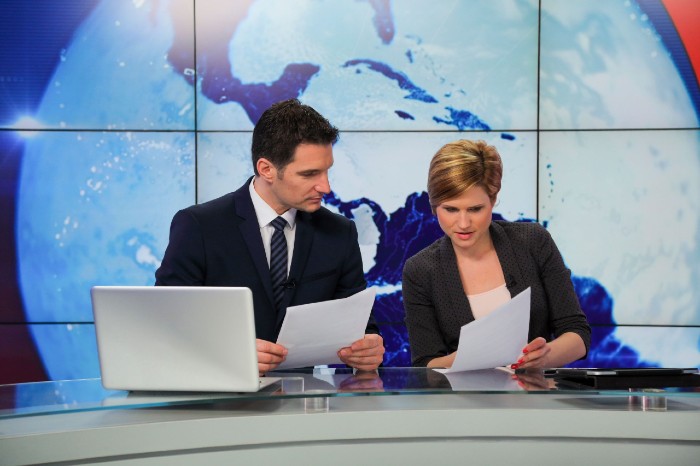 Under your direction, how is Hora 13 Noticias structuring the various sources to be covered and how have they been organized in relation to the management of sources at the regional level?
Under your direction, how is Hora 13 Noticias structuring the various sources to be covered and how have they been organized in relation to the management of sources at the regional level?
One of the changes I established on my arrival was to stop covering by institutions and start covering by theme. We do not cover Mayor's Office, we cover city. The Mayor's Office of Medellín is a voice within the dynamics of the city, very important and decisive, but it is a voice only, what happens in the city cannot be limited only to what happens in the municipal entity. That change has allowed us to expand the range of voices, the thematic range and expand the agenda; because it is clear that when the journalistic coverage of an institution is done, the one who has the agenda is the institution itself and the entity tends to impose it. Having a slightly broader and more comprehensive look at the issues that are part of reality has allowed us to extend this thematic agenda.
How do you handle the issue of subregions taking into account the extent and geographical difficulties of the department?
One of the tasks of the news management was to establish a series of alliances between local channels in the territories and Hora 13. We as a private company have no way to sustain a network of correspondents that would imply having one person in each of the 125 municipalities of the department, and in a geography as complex as that of Antioquia; in addition, one person per subregion would not be able to cope (the department of Antioquia has nine subregions). In that sense, we have opted for alliances with local channels.
Even so, the changes that the digitization of information has brought are impressive and have made possible the emergence of a lot of small, local and community channels in the territories. These channels become our correspondents in the regions. What do we do? Obviously with respect and recognition for copyright, they give us material and we in return give them support in knowledge transfer: training, advice, logistical support and we also share content from us for them. We have a network of ten allied channels, the idea is to increase it and take it to other spaces.
Something that many viewers wonder: the routine of a newscast. What happens on a day-to-day basis and how do they break routines that sometimes make the media so schematic?
We are in the process of convergence, from being a journalistic company that makes content for a window called Teleantioquia at 1:00 pm to having multiple windows and a true platform in the digital, that's why we have our website and social networks.
All these dynamics that I'm going to mention are going to change; the first and most important is the editorial board, every day at seven in the morning. When you have one broadcast a day then you make a daily tip, but when you have a digital platform that has no times or dates on the calendar, the editorial board becomes a space for interaction throughout the day. The editorial board is the space for discussion of the agenda, the most important topics, approaches and possible sources.
Afterwards, the journalists will do the reporting work during the morning; additionally, the journalist returns to the newsroom to edit his reports. The problem is that we have only four editing rooms for ten journalists, they can't edit all of them at the same time. The most difficult part of the management is that logistical work: Who do we put in what?, so that no one is overloaded and that everyone manages to develop the topics throughout the morning and not only in half an hour. After the journalist goes out and does the reporting, he comes back and writes; there is a review process what the deputy director and I do, then it goes to editing.
 As director, after the editorial board I develop continuity, in which names of the journalistic notes and calculated times are established. Another criterion that is established from the direction is what time do I give to a certain note? Time depends on many factors such as importance, order, amount of content and total time available; because sometimes we have 15 minutes of commercial pattern and that limits us. Parallel to this process comes the task of writing headlines, where journalists suggest headlines, evaluate them, change them or approve them. There, you must be very respectful of the proposals of journalists, but you also take into account the style of the management. While the journalists are reporting the dynamics of the direction focus on the writing of the scripts for the presenters.
As director, after the editorial board I develop continuity, in which names of the journalistic notes and calculated times are established. Another criterion that is established from the direction is what time do I give to a certain note? Time depends on many factors such as importance, order, amount of content and total time available; because sometimes we have 15 minutes of commercial pattern and that limits us. Parallel to this process comes the task of writing headlines, where journalists suggest headlines, evaluate them, change them or approve them. There, you must be very respectful of the proposals of journalists, but you also take into account the style of the management. While the journalists are reporting the dynamics of the direction focus on the writing of the scripts for the presenters.
Next, there is an additional process that is the broadcast of the newscast. At first I coordinated the broadcast personally from the master's degree, then I decided that it was the deputy director, Yolanda Bedoya, who also has extensive experience and is a reporter of a thousand battles. From the office in the Laureles neighborhood I can have communication with the deputy director, with the journalists, the editing rooms and with the production manager. On the other hand, in Teleantioquia I only have communication with the production team of the channel and I am isolated from the rest of the team, so I prefer to stay and from the direction it is about coordinating all journalistic matters.
The next thing is how not to fall into the routine? Maybe that's the big problem with daily journalism: How to avoid always covering the same thing and making it the same every day? The only measure is the will. The journalistic dynamic is totally absorbing and takes you to the routine, the journalist has to get in the way and make decisions: while the others are doing the newscast, a director must be "poking", looking and looking to propose a new topic, to include different topics in the agenda. But that is a decision, if the journalist is "routinized" nobody notices, the news comes out and nobody is going to say "what a routine newscast", no. The journalist is the one who realizes and is the one who must oppose this absorption of the routine of the newscast.
As a journalist with vast experience and recognized experience, what kind of recommendations would you give to the new generations of journalists who are in a complex and constantly changing time?
As a reporter, I was greatly served by the social science classes I received at the university. The knowledge that the academy gave me in areas such as psychology, sociology, anthropology, political science and economics, among others, was very useful. These classes are the parachute of the journalist, when the problem comes and one faces situations such as the Covid-19 pandemic, there it is very important to open that parachute and, having studied a little sociology, the social, political and economic structure, allowed to understand what society and the globalized world was experiencing.
Therefore, the best recommendation focuses on the fact that every journalist should read, read intensely if not, he does not have that parachute. It does not make sense that one does not understand, for example, philosophy, philosophy moves the world, it is behind the political positions of a State, behind human thought; they are things that have to be understood.
Finally, the journalist must be a media consumer. I don't understand a journalist or someone who studies communication or journalism who says they don't like news. When you study journalism, you study everything and read everything, you consume the media massively; I watch all the newscasts, I listen to radio all the time. All day we are connected with the news, nowadays it is even much easier with the different technological resources.
In short, the journalist must be in the conversations, he must have participated as a citizen of them. Those are the basic recommendations: be knowledgeable, be highly trained, and read intensively.
* PhD. Luis Fernando Gutiérrez Cano and Mag. Luis Jorge Orcasitas Pacheco, are professors and researchers of the Pontifical Bolivarian University headquarters Medellín, in the undergraduate and postgraduate faculty of Social Communication-Journalism. In this edition they have the support of the student Valentina Herazo Benítez.




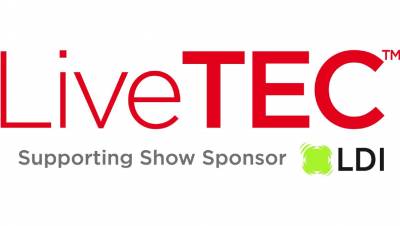

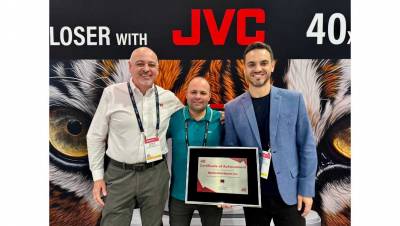





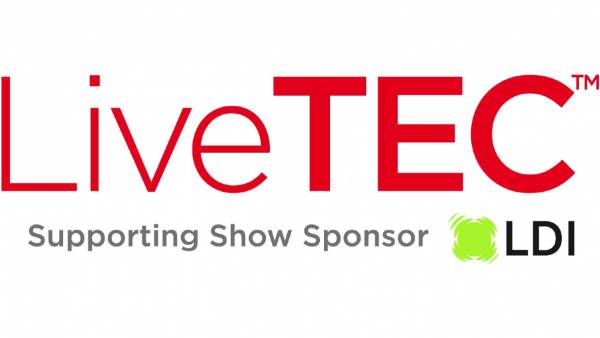
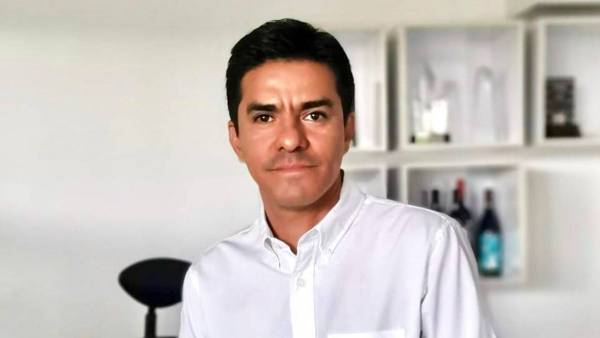

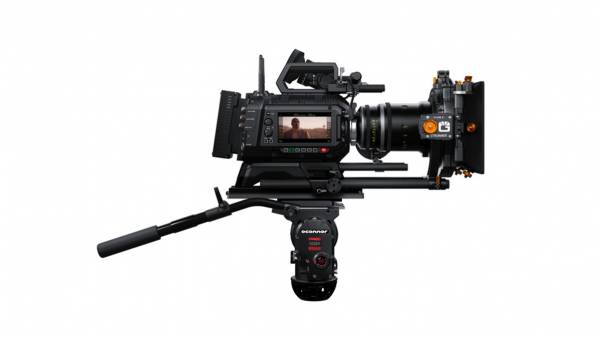









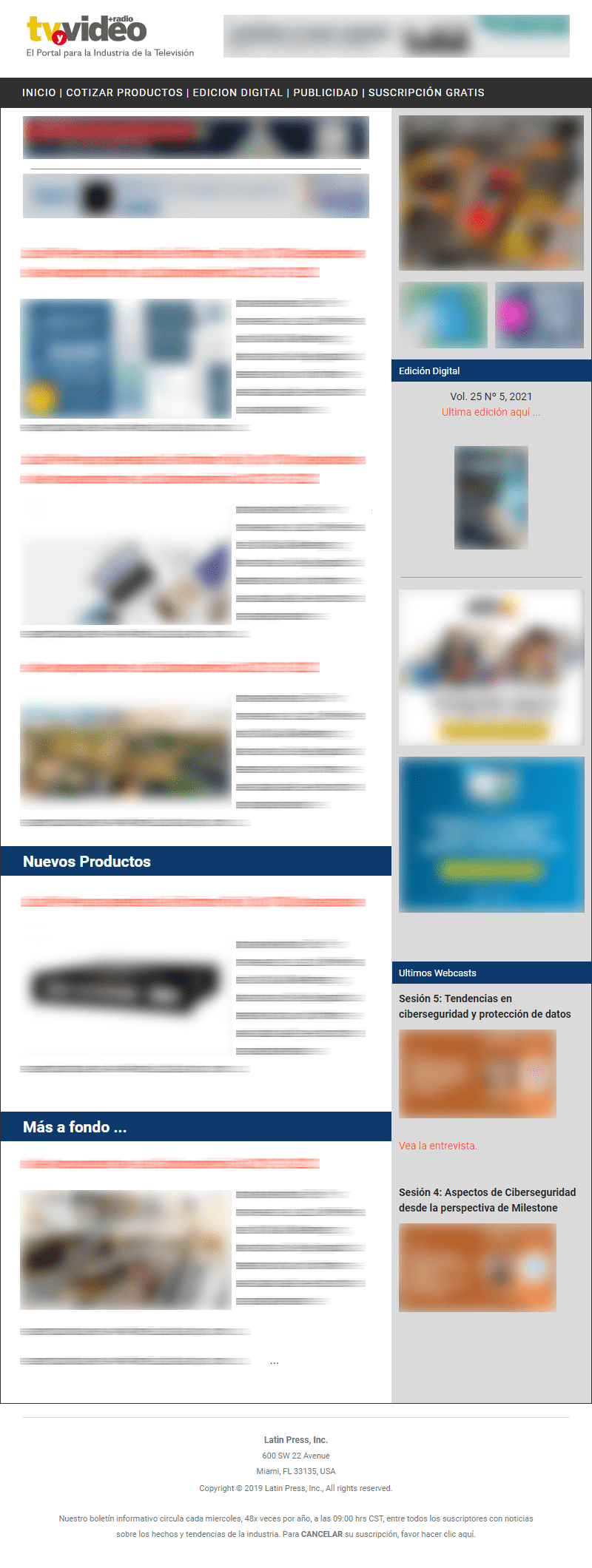
Leave your comment